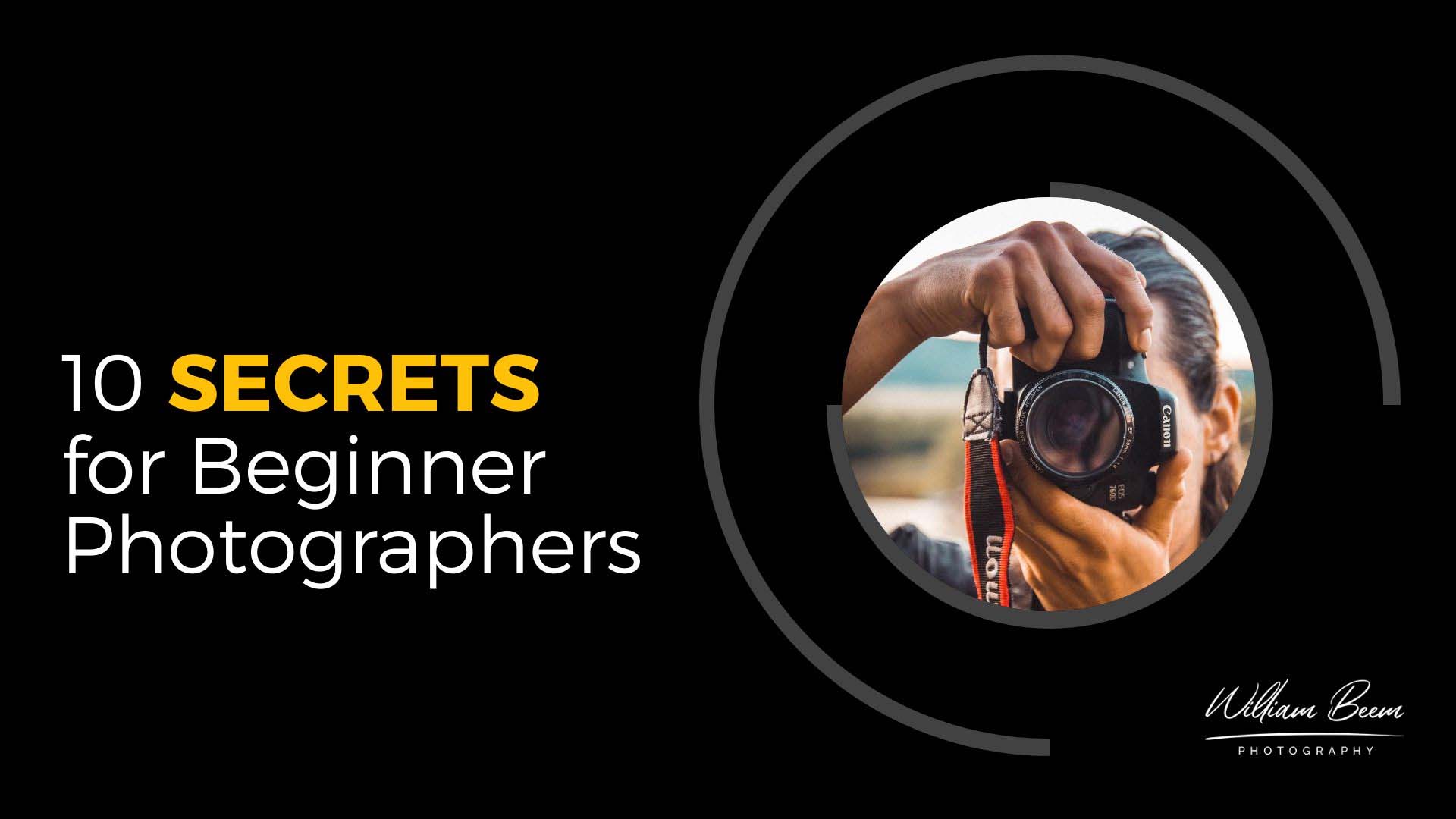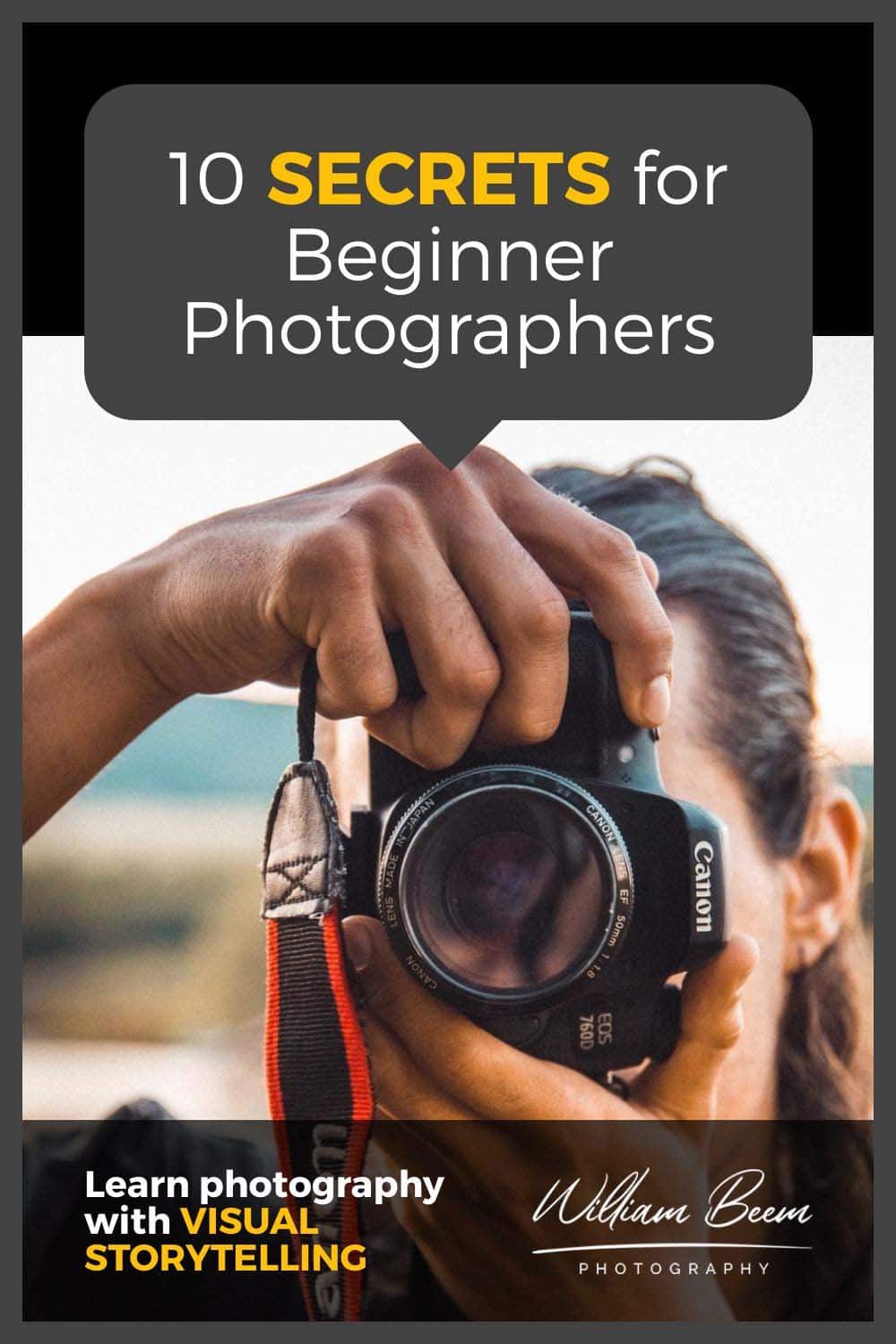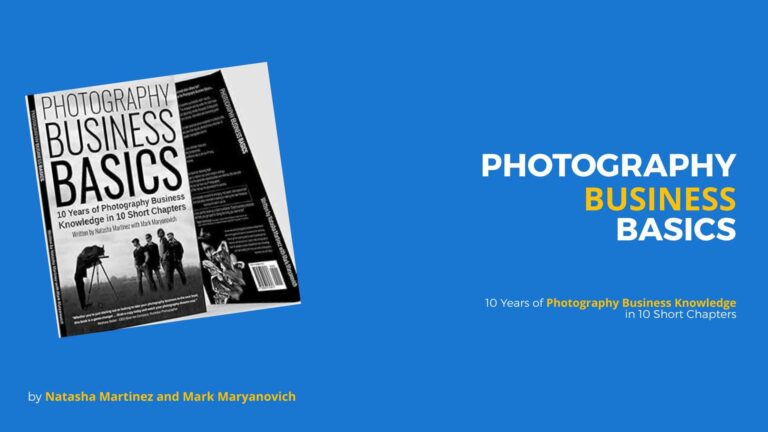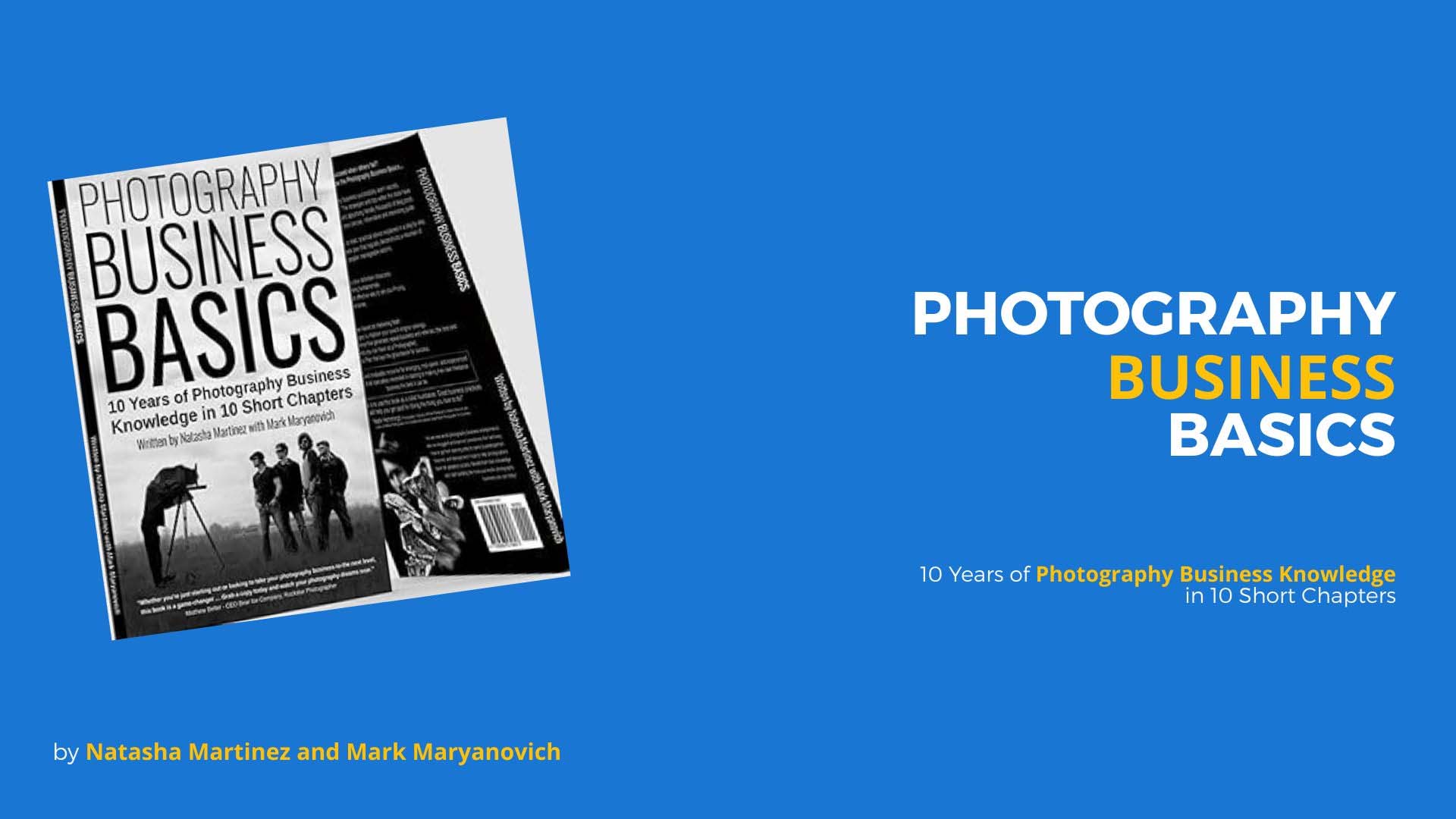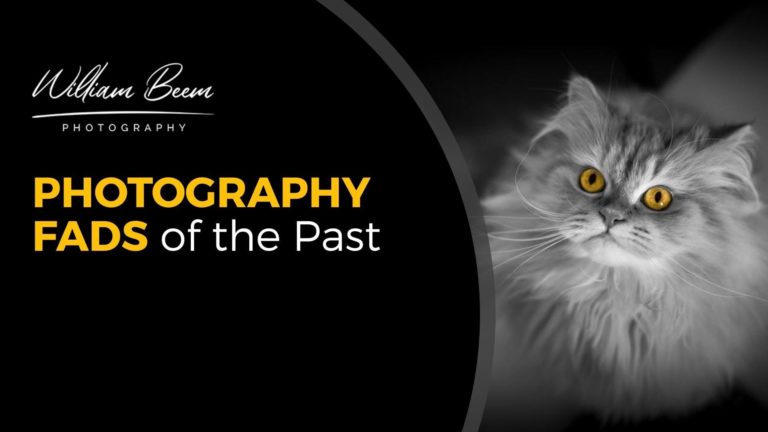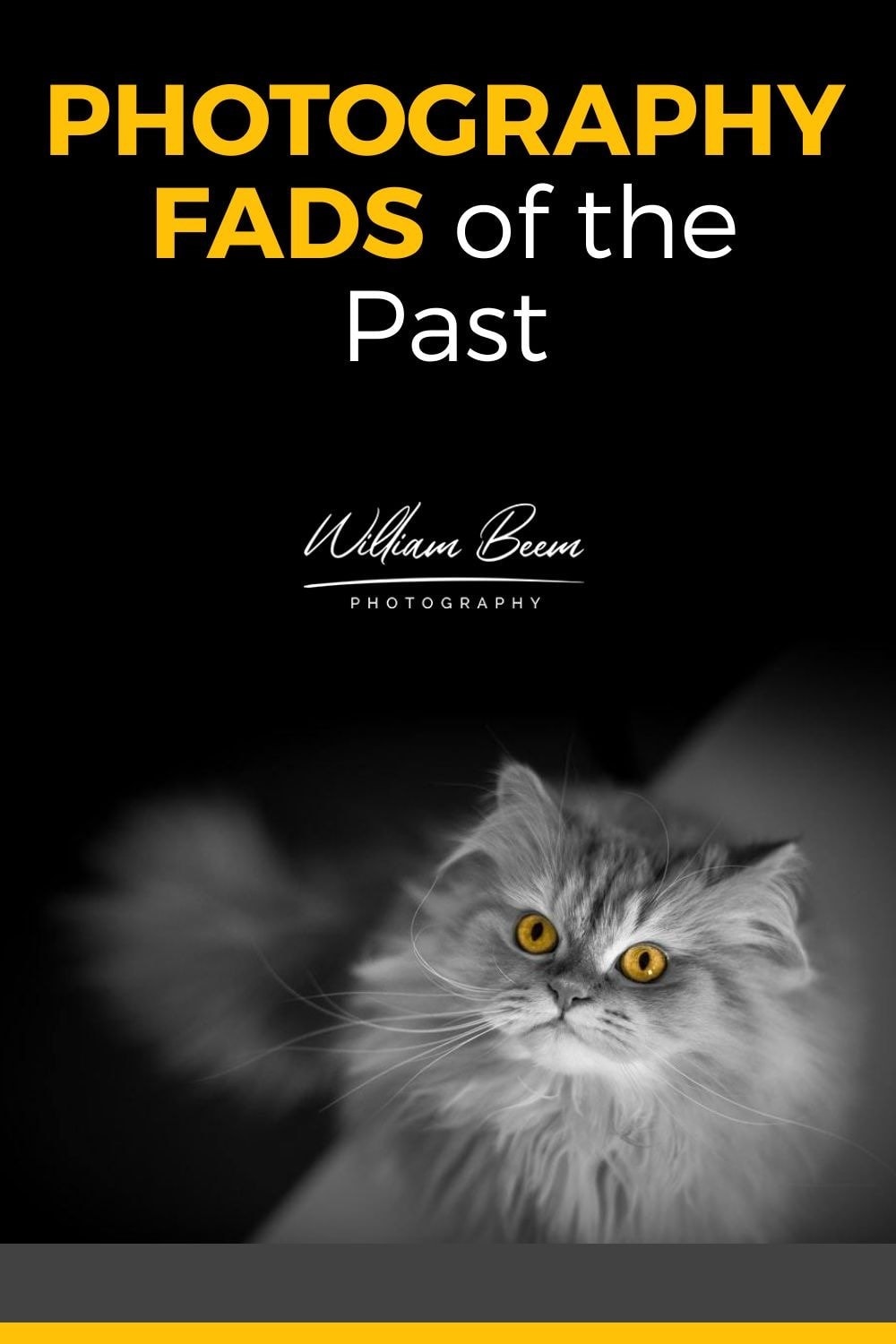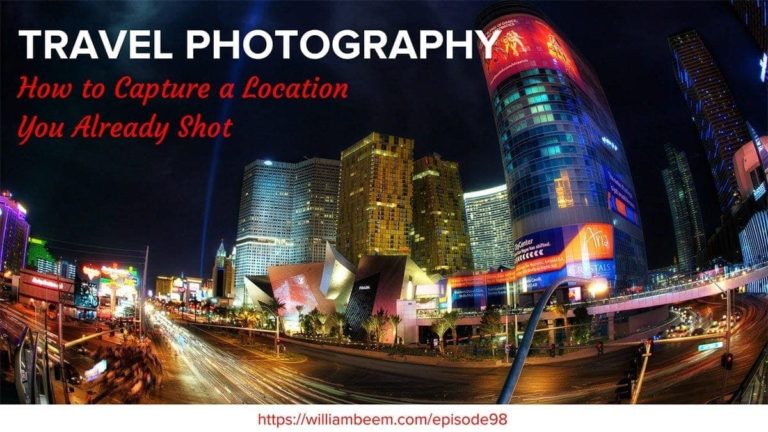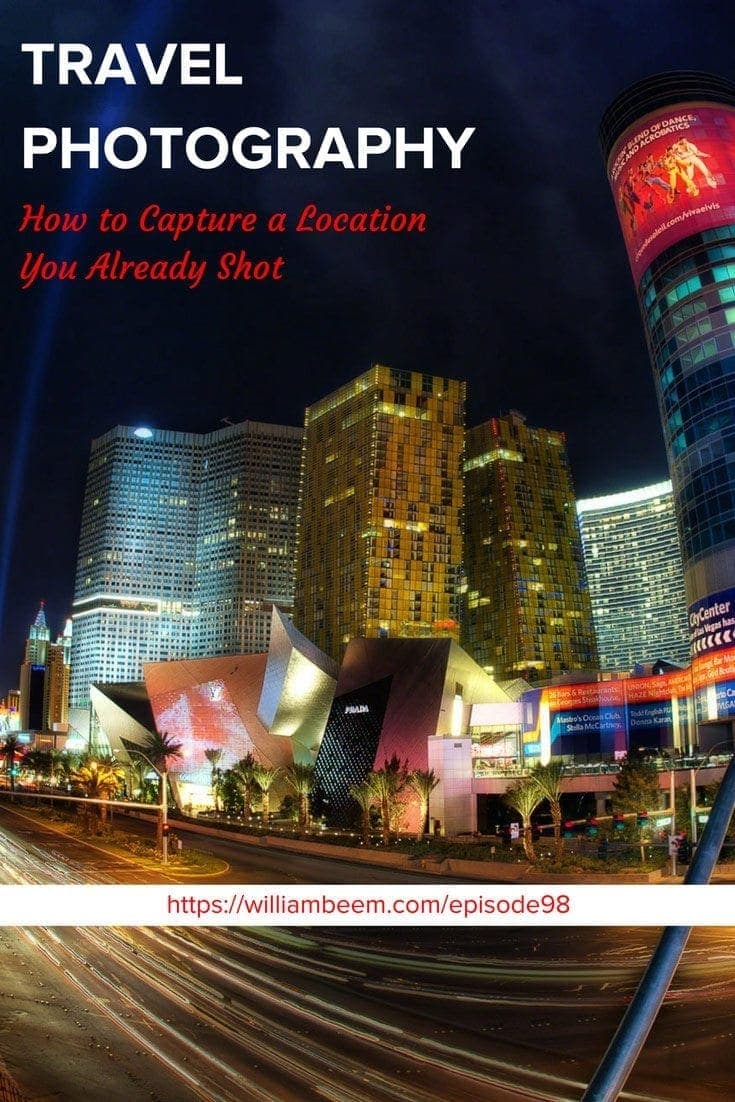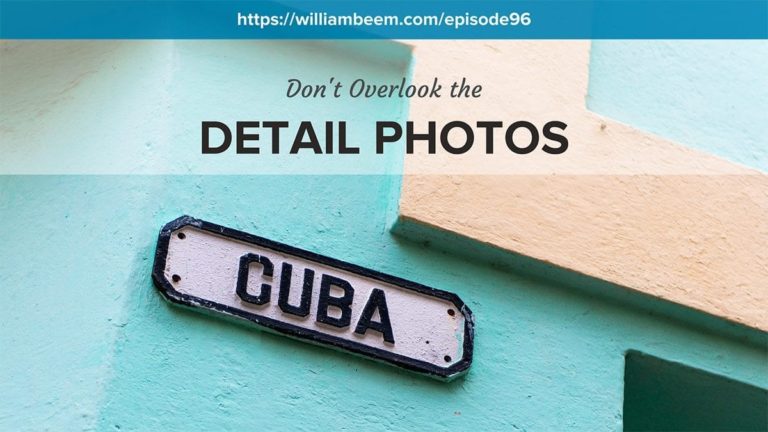Affiliate Disclosure: We earn a commission if you purchase through one of our links at no additional cost to you.
This episode is about 10 secrets for beginner photographers, which was part of a blog post I wrote a while back with 101 photography secrets to help emerging photographers.
As it happens, a lot of photographers emerged during lockdowns and confusing times over the past couple of years, so we decided to share these ideas on the podcast.
Why only 10 Secrets for beginner photographers?
Since we’re covering a long post in a different medium, it made sense to break up the topics into manageable segments for a podcast. Otherwise, we’d have several hours in one episode.
I don’t know about you, but I don’t want to edit that much in one sitting and I suspect no one wants to listen to that much in one sitting.
1: You can still take poor photos with a nice camera
Every camera operates on the same principle elements.
If you can master your exposure with those three elements, your technical work is done. Now you can concentrate on your creative aspects, like composition, color, and lighting.
Everyone can learn how to use those creative aspects in photography, and those are the most important. You can’t buy your way into photography with the price of your camera.
2: Every photographer takes bad photos
I’ve talked to photographers at every level, and every single one of them makes mistakes. Even after years or decades of experience, they take photos that they just don’t like.
The difference is that experienced photographers know that those bad photos are just a stepping stone to get to the good photo. They evaluate them, make corrections, and take another photo.
Then they never, ever show you the bad photos they took. Because those aren’t important.
3: Be patient with yourself
Photography is a long game. It takes time to learn and you never stop learning. So be patient. Don’t get upset if your photos aren’t as nice as you’d like.
Instead, take some time to evaluate what you could change. If you don’t know how to achieve a result, go learn and then try again.
4: See it before you shoot it
It’s tempting to want to start taking snapshots, and that’s how you get a lot of crappy photos. Stop and consider the result that you want.
Then decide if the conditions are right. Decide if you need to change colors, lighting, or subject. Wait for the right time to take the photo you want.
If you can visualize the result you want before you click the shutter, your odds of success are much higher.
5: What you like seeing isn’t what you enjoy doing
There are a lot of beautiful photos that can tempt you into photography. After a while, you may decide that the process of taking those photos doesn’t really sit well with you. So practice taking photos of different subjects.
You may find that one genre of photography is much more fun to do than creating the photos that initially turned you on to photography. That’s OK, too.
6: Tell stories with your photos
People don’t just want to see a photo. They see stuff all the time and it’s boring.
What they want is something interesting, and one of the best ways to make something interesting is to create something that evokes emotion.
Well, one of the best ways to evoke an emotion is to tell a story.
You don’t need to put War & Peace into a still photo. Short stories work very well. Leave something to the imagination so the viewer can put their own imagination to work and help create the story.
7: Put your soul into your photos
Why should someone enjoy your photo more than anyone else’s?
It’s because you put something of yourself into the photo. Maybe it’s the color, the composition, or your choice of subject. Whatever it is, art comes from your soul.
Give of yourself and put that into your photos.
8: Leave your ego at the door
No matter what photos you create, someone won’t like them. Others may like them, but I guarantee someone won’t like them.
That’s OK.
There are types of music that I just don’t like. The people who created that music or the people who enjoy that music aren’t bothered that I don’t like it. So don’t let anyone get you down.
Find your people and create photos they love.
9: Tolerate things you don’t like
Just because we may not like something doesn’t mean we have to insult the person who created it.
This is an old-school notion, but it’s one that I like. Social media is full of people providing unsolicited critiques. That usually says more about the person giving the commentary than it does about the subject.
Don’t be one of those people.
10: Only you can take a nice photo
No matter what camera you own, it can’t take a nice photo. Seriously.
Put your camera on the ground and tell it to go take some nice photos while you sip tea and wait.
Doesn’t work, does it?
So realize that the power to create a nice photo only comes from within you.
Time Stamps
Today, we're going to go over 10 secrets for beginning photographers and you know why they're secrets? Because people who are beginning don't know this stuff yet. So that's how I get away with that. And that's what we're going to talk about today on I Like Your Picture. I'm William Beem. Welcome to I Like Your Picture. The show that helps you improve your photography with visual storytelling.
What is visual storytelling? It's the method of approaching your photography with a knowledge of who you're trying to serve with your photos and what emotion you want to make them feel. We encourage you to concentrate on your subject, light and background to create a photo your audience loves. I'm glad you found us. Hi, my name is William Beem. We've done a lot of episodes this year,
I think for beginning photographers. And there are a lot of people who have been getting into photography during, I guess like the past couple of years, really. Because people are looking for things to do because there's no work to do Well. Really this episode is the first of a few in a row that we're going to do as part of a series.
I wrote an article what almost five years ago, I think. It was called 101 secrets for new photographers. And I kind of broke up a number of different topics into 10 tips. And then there was one in there that I don't think fit with everything else. What we're going to do is over the next few episodes, we're kind of going to break down those 10 sections that I had in that article.
I will leave a link to that article in the show notes. But for this one, when I talk about 10 secrets for beginning photographers, what I want you to understand if you are beginning or maybe if you need a recap, is that the camera is just a tool. Some people will love your photos and some won't and photography is a long game.
You're not going to get everything done immediately right away. The second takeaway is my favorites. All right. Why is the second takeaway your favorite? Because it's not just about photography. It's just, to me, it's a common-sense thing, but people are like repeatedly surprised in any area of life. When they find out that not everybody is going to love something that you have or that you do.
And I just, it always makes me giggle because I think, you know, it was just the way you phrase it. I think you said some people will love your photos and some won't. And that is true. The only thing is that there is a guarantee in life that some won't. You can never guarantee that some will. Now, some may say they like them because they're being polite.
But that is just, and it's not just about photography. It's just to me that that's like, It's any creative endeavors, like there's music that I like. There's music that I do not like. It doesn't mean that I have to go off and insult the person who made the music that I don't like, I just simply ignore it. And that's
what's going to happen with your photography. You're going to have photos that people say, wow, that was really good. I like that. Or I like your subject. I liked your colors. You know, something aspect about your, your photography. Somebody is going to like it. And someone else is going to look at the same thing and saying what crap.
All right. So let's go ahead and start off with the first one. And this is one that even people who have been in photography for a while seemed to misunderstand. You can still take a bad photo with a nice camera. Lee, why do people think that a nice camera means you get nice photos? I think it really comes down to hoping that a tool will solve your problems.
When the problem isn't the tool that you had. The only time it solves your problem is if you had no tool whatsoever, that could do the job in the beginning. I mean, I could tell you that you may hate painting and say, I've got no artistic skill. I couldn't paint a picture. I don't know how to draw a stick man.
What if I buy you expensive paint? Are you going to be shocked that you cannot paint a work of art that ends up in some expensive gallery somewhere? The paint's not going to help. The canvas isn't going to help. Here's what happens with a nice camera. It has features on it that expand your capabilities if you know how to use them. But every camera comes down to the same thing.
You have an aperture, you have a shutter speed and you have an ISO. In other words, how sensitive is your camera sensor to light? Yep. That's it. Those three things are the fundamentals of every camera. If you can master that, you can very likely learn how to take a nice photograph with any camera. Now, when you get into differences,
it's like, okay, can I do long exposures with this camera? Do I have better lenses? Whatever it is, those are nice to have. Every camera has shutter speed, aperture, and ISO. Number two, everyone, and I do mean everyone, takes bad photos. Yeah, this is true. And I take a lot of them. I have thousands of bad photos.
I haven't shown them all to you. I have shown you some of my bad photos on the blog. And I do that as an educational purpose. Like here's a screw up. I made, here's how I went back and tried to correct it. And here's where I took the photo that I think is nice. And the photo that I think is nice,
kind of goes back to number one. Someone will still come along or excuse me, our takeaway, number two, I should say someone will still come along and say, I don't like that. You're telling me that's a nicer, better photo, but I don't like it. Then, well. Okay. I kinda like it when somebody doesn't like something. Do you know,
actually respect that. If somebody and look there is like unsolicited critique, there's a difference between being rude. And when you asked for an opinion, someone says, you know, this is really not my thing. I don't really care for or whatever, or I don't like your composition or I actually respect that. I like feedback like that.
It doesn't mean it's going to change something because those people aren't trying to change what I'm doing or tell me that I'm doing something wrong. They're just saying, I appreciate it, what you're doing, but it's not my style. And I'm good with that. I think it takes some, some guts to be able to deliver that and to do it properly.
Not most critique negative critique is not done that way. No, but The idea is everyone takes bad photos. Everyone's going to find there's something about their own photo that they wish they could change. And that's when they go back and take another photograph. They said, okay, I took a photograph. Let me evaluate it. Here's something I want to correct.
Let me go take another photo. Yeah. That is what you do is you take your bad photo and improve it with the next photo. And then hopefully the next and the next, until you get the photos that you want to show somebody. Now, when I say everyone takes bad photos, that means professional photographers, the high end guys that you are used to seeing,
and they don't show you the crappy photos that they took, unless they're doing some kind of educational thing. No, that's smart. But for the most part, they say, here's a photo I took. Here are the circumstances. Here's a set for, you know, whatever it is, take bad photos. Don't be afraid of bad photos. Bad photos are there to educate you.
Don't show your bad photos. I mean, bad photos, that's like showing your rough working in your final, you know, presentation. The bad photos are where you can sit back and evaluate. That's how you get to take good photos or do anything. Well, you look at the things that went wrong and you identify what went wrong, where, and that gives you a basis to troubleshoot and try out,
you know, ways to remedy the problem. All right, number three, I'm going to see if Lee understands this one. Patience is the companion of wisdom. No, I don't get that at all. All right. Back in our takeaways, I said, photography is a long game. Be patient with your photography. Be patient with the time that it takes to get the shot that you want. Be patient with the time that it takes to make the progress in your photography that you want.
If you're upset and you throw your camera in the ocean and you stomp your feet, it doesn't help you anything. It doesn't help you with anything at all to be inpatient. No, it look. I agree with, with the jokes aside, I'm, I'm known as not the most patient person. Yet, when I have a passion for something, I can just take all the time in the world and I'll do something over and over and over.
So I think it really comes down to, are you willing to invest all your passion for your photography, into whatever you're trying to achieve? And like I said, photography is a long game. You are going to be continuously improving, be patient with yourself. Don't give up on yourself. Everybody goes through this. You can get to the point where you take good photos.
If you're patient, and you're willing to review what you've taken with those bad photos, and then say, how can I fix this? And the first way that you can fix this is with number four, visualize the final image before you shoot it. Yes. I love to say begin with the end in mind. That's exactly what this means. You know
what the photo is that you want. Well, make sure you know that before you click the shutter. I Agree. I do This. I look at something and I get a vision for something else from that something. And if I tried to explain to people and go, I don't have a clue how you see that. Now the flip side is that in working towards that end goal,
which was my original vision, often the outcome is different because I get led in a different direction or I see different possibilities. So for me, I think something that's helped me a lot is I have great peace in looking at something and saying, this is what I envisioned. This is what I was working towards. And then I decided there's a nicer way to do this,
or there's something different I'd like to do. So your end goal might, if both, during the process. See, now I'm really upset because I was going to swoop in like the hero and say pretty much exactly that. I'm sorry. You can, you can always like delete me. No, you wouldn't look up. Here's the process of what she's talking about.
You do have a vision and that guides you, but as you're going, you should not ignore opportunities. And if you have another idea of where you're going, I would say, get your vision shot, but don't let that stop you from exploring other opportunities. And the one that you finally end up showing other people may not be the one that you visualize,
but that's going to be your guide through the progress of the photo session. And something else may come out as the better idea. You don't know until you try it. Yeah. Don't Throw away your possibilities. Number five, the type of photos that drew you into photography may not be the kind of photos you enjoy the most. That is very correct. And that's because sometimes the process of creating photos is different from one genre to the next or one field to the next.
And you may say, wow, I really love concert photography, but man, I hate driving down to the bar or the concert hall signing my life away, waiting for someone to come out. And then someone coming out and saying, all right, instead of three songs, you want to get one song. And there. That's just an example. Concert photography is interesting.
You can get some beautiful photographs with all the lights, but there's a lot of hassle that can go along with it too, depending upon, you know, the ego of the band, the ego of the band's manager, which is probably more likely or the bar management or, you know, somebody is a hot shot sitting in the front row. And doesn't like the fact that you're taking photos and in front of their iPhone.
Yeah. Your Gatekeepers will be your bigger challenge than your subject. Yeah. I don't think the band is really the problem that much, unless you're using flash. In which case I agree with a band. No, no flash in concert photography. And that would ruin the lights and the stage presentation anyways. Yes, but it's not just concert photography. That's an example.
Working with portrait subjects may not be what you like. You may see some beautiful catalog, photo shoots, you know, for fashion or something that you like. And then you may find that the whole session of working with different people annoys you to death. That's why Lee likes to work by herself. I mean, you can appreciate a good photograph with some people in it,
but that's not what you want to do. It's not. You know, this is where your personality comes into the type of photography that you like. It might not necessarily be as simple as I want to do street photography, or I want to do portraits or I want to do still lifes. I have a creative mind that is very internalized. I cannot put it into words.
I tend to feel my way around things that is probably not a normal way to do stuff. When you're working with people, you have to communicate. You have to, I mean, it's, there's no way around that without being just either a jerk or being completely unrealistic. And I find it almost impossible to entirely impossible to communicate the vision I get in my mind,
which is continuously changing as my eyes, seeing things. And I think it just takes a lot of pressure off me. And sometimes this can bring out the worst in you. There was a video I just came across on YouTube about a photographer who was berating a model saying, you need to stop eating and lose weight. Oh my, oh yeah. I say,
and first off you don't do that. If the model does not have the look that you want, then you don't hire that model. You make your decisions before you get started. You don't start with somebody who doesn't have the appearance that you want. And that's like saying, you know, I don't like your hair. I don't like fast food. So if I roll up at McDonald's and order some fries and go,
I don't like fries. But what we're saying here is be careful that the things that you like may have something within the process that you don't like. Don't be afraid if you're drawn to something else. In fact, when you're first starting off Lee and I both recommend that you try a little bit of everything. If you like sports, go photograph some sports.
If you like fashion, see if you can work with some fashion models. There are a lot of meetups in different areas. There are a lot of people who are interested in getting into modeling, hairstyling, and even people who create their own wardrobes. They need photos. There are people who can work with, to trade services. So the idea of that,
you can't find something to do, even travel photography. I'm kind of lucky. I live in Orlando. It's a travel destination. There are a ton of things around here for us to do travel photography that a lot of people would be interested in doing and not just at Walt Disney World, which is quite honestly, it's so expensive now. It's not really worth going to for us,
for photography, but there are other places in Orlando that are free to visit that other people want to see. And you can do travel photography here, or you can drive your car or get on a plane. However you want to do it and go someplace else and take your travel photos. You may find that you get tired of leaving your house. In then case, travel photography is not very good for you.
Yeah. And you know what, there's always going to be challenges. There's not going to be any hassle for your frustration-free genre photography. I mean, I really enjoy my still life. And I like it for a number of reasons. One of them being that I don't have to engage with other people's ideas, but I also prefer to do things just with the available light that I have.
There are drawbacks to it. You know, if it's taking me forever and I'm rearranging up, like I say, this impatient photographer has lots of patience when, when it comes to rearranging things and doing something over and over to get what I want. Maybe the light starts fading outside. Instead of saying, I want to use a flash kind of, I do get frustrated about it,
but at the same time, I accept and I'm willing to accept that the trade-off is, have to wait for tomorrow. So you're always going to have some frustrations, but I think you'll when you look at things that bother you, when you try to do some kind of genre photography, you will probably find that there are some things where you're willing to push it aside and work through it.
And other things where you just feel like it's almost a deal-breaker. Number six, photos, tell stories. And this is another topic we bring up all the time, visual storytelling. If you're looking at your photos and saying, you know, it just doesn't do anything for me. And maybe other people are thinking the same thing. Well, there's a reason you took the photo.
Is there a story behind it? Because if you don't have an interesting scene, if you don't have an interesting subject and there's no story to it, there's nothing to draw somebody in. You can take a photograph of an old vase in interesting light. Well, maybe some flowers fresh or dead. I don't care which, and maybe you can tell a story out of that.
But if you go out in your street and you take a picture of some tires on a car going and looking up the road, I don't really know what story you're telling me. And that also depends where you present your photo, because you may very well have a story. You may have an abstract eye that kind of looks at shapes, but then don't go into some kind of fine art or some,
you don't want to go into your typical photography or photographer's audience to go and post your photo. Find the people who can relate to what you do. And that's where we go back to our takeaway. Number two, some people will love your photo. Some won't. If they don't understand it, they probably won't like it. But photos tell stories. You can tell stories with color.
You can tell stories with shapes, with lighting, with your subjects, but there's gotta be something there that people can imagine in their mind. And if they can't imagine anything, if it's just, you know, an everyday scene that they see all the time and ignore while they're gonna ignore your photo is the same as if they ignore it. You know,
in real life. Number seven, if you want to create a work of art, you have to dig deeper into your soul. You Need more soul. Soul food is good. I like soul food. But when I talk about art, photography is one of the arts. Now you can just simply document some things. Like here's a picture of my car in the driveway.
That's a document. That's not in my view. That's not art. Because with art, you're trying to present something creative in its best light that tells a story that has interest to it. And you got to dig inside yourself and say, what is it that I need to share with the world? And photography is no different than painting or basket weaving for that matter.
If you're creating something and you want it to be artistic, you gotta put something of yourself into it. And Lee is doing this right now of all things with a backpack, But you're trying to make something creative out of that. And it's something personal to you. Yeah. I'm busy shredding up stuff and bandanas and things and doing weaves and patches and things.
I just, I, want something that's me and it was just something that I, I got this, you know, kind of bug up my butt to do it a few months ago. I think kind of just being on a, on a tear for this, But also a few years ago, we were getting a messenger bags and you created your own messenger bag with three different panels of material.
None of them, none of them were like the other. And yet when you go out with that, people rush up and say, oh, where did you get that? That was actually funny because that was the first birthday present you ever bought me. And he said, do you like that? So I got to tell everyone, William was really,
he, he was very diplomatic in saying, are you sure? Okay, are you like, so you're sure you want me to order this one? Is this exactly, you don't want to do you want some time? And he was almost trying to give me like, opt-outs just to make sure that cause these weren't inexpensive bags And I wanted to make sure that this was what She wanted.
And I understood that. Look, I took it that I knew that he wanted to make sure what I wanted. I thought, Because I didn't understand it. Well, No, and that's okay. But I tell you, I don't think I've gone anywhere. And this is my bag that I travel with. It goes with me on flights and I've done a lot of travel and I've had people standing the line when you are at the airport,
on the plane, in, you know, wherever I'm waiting for the Uber, the taxi from the airport. People kind of, excuse me. I know this is weird, but I love your bag. Where'd you get it? It's just, it's different. It's colorful. It's funky looking. It's creative. There is not another one like it on the planet,
as far as I know. And we got this from a company called Timbuk2 out in, I think they're in San Francisco and I've got a lot of bags from them. And I do, you know, very safe things. Like I'm going to have black on this side, black on that side and white leather in the middle or something like that. So that's my bag.
I've got another one that's red and then white, and then blue. Timbuk2 doesn't seem to really have the interesting and creative fabrics that they used to have years ago anymore. You can still create custom bags from them, but it's not as interesting. But Lee found patterns and the patterns are since long gone and she put them together and said, that's my bag.
Yeah. Yeah. And that was her creativity. So that was just like, you know, a little bit, you know, she dug into her soul and said, this is me. This is what I have. And other people respond to it, express Yourself to use a cliche, but Coming back around to number eight, no matter what you do,
some people just won't like it. And that's kind of where I was. It wasn't, it wasn't that I disliked your bag. I just looked at it and thought, what the hell is this? That's okay. Actually, the nicest compliments I got about the bag was from somebody in San Francisco, who I knew, because I'd gone there for a work trip and turn all looked in my bag and went Timbuk2 and said,
do you know, it really ticks me off that, everything about that design in those colors and everything is everything I hate. And he said, yet I love it and I want one. And I thought that is the ultimate compliment, But this is kind of one of our takeaways. It doesn't matter what you do, how long you do it. There are going to be some people who just simply don't like your photography.
They don't like your photographs. There's something about it. And you have to be comfortable enough with your own. I guess you have to give up your insecurities about what other people think. You know what? That's good. Honestly, if nobody dislikes anything that you do, you're so unoriginal, you're pretty much so carbon copy that you're playing it safe.
People who play it safe don't will never find their place in anything creative. You know, one of the best ways to stand out is to make enemies. Now I'm not saying that she should intentionally go upset people, but be yourself. And let's take this back to the music that we were talking about. There's music out there that I just don't like.
And other people crowd all around them. I don't understand why, but that's okay. I'm not the audience for that kind of music. Yeah. Now, if you're not the audience for that kind of music, I want you to listen to this next one. Number nine, you don't have to be one of those people who tells others that you don't like what they've done.
Yeah. That's just, you know, there's a difference between giving constructive, critical feedback, which is aimed to help somebody. I'm just being a jerk. And quite honestly, I think if somebody, if, unless you're in somebody's inner circle where you're that close, that you can kind of just put your opinion out, wait until you're asked. People don't care.
I mean, I see lots of stuff I don't like. That doesn't mean I'm right, because I don't like it. It just means I have a different view or different style or different tastes. And we need to be tolerant of differences because if we didn't have differences, we'll all still be dancing to the minuet. The idea is, well, first off I don't dance,
but that's beside the point. I'm Going to change that next podcast. No, next podcast isn't about dancing. It's okay to keep your opinion to yourself. If there's nothing kind about it or you don't have to compliment someone just to try and be nice, it's like, you can keep your own counsel. Yeah. And I would rather that someone, you know,
who, who tells me, they like my stuff is genuine about it rather than just trying to be nice. And then walking off and saying, man, that guy can't take a photo for crap. Yeah. I mean the most times I'm silent is when I don't like something because it's not within, I don't feel like it is my place to say anything.
And that's kind of an old-school thing. I had a guy come up on one of my YouTube videos this week, at least the week that I'm recording. And he didn't like the subject. He thought. And, and it was about, you know, photography software that came out and he says, this is crap. You're crap. You're a thief for promoting this and all that other stuff.
I thought I looked at the guy's photo and I thought he's gotta be in his forties. And he's, he's going off on this emotional rant. And he says, I'm glad I don't subscribe to you. And I never will. And I said, you're right. And then I pushed the button to block him from my channel. Don't be that guy.
And it's like, if you don't like something, you don't have to rant about it because that says more about you than it does about the thing that you don't like. So don't fret about what other people do because other people clearly, especially, it seems like more and more, and maybe I'm getting older, don't live by this code, but really,
if you're gonna criticize something, what do you want to achieve out of it? You're not going to change. Somebody's mind. You will never change. Somebody's mind by trying to preach that your view or your take or your style is better than theirs. So it doesn't matter whether it's photography or anything else. So what you want to do is just stop for half a second.
Say, what do I want to achieve? Because if I cannot change anything, if it doesn't have any positive effect, the really smart thing to do is to shut up. Now, keep in mind, this is different than asking for a critique, particularly from someone who has more experience than you, because they're going to point out things that you've done, that perhaps you could change and achieve a better result.
A very simple thing for once. I had a critique from Mike Kubeisy. He's the photographer on NCIS and of course he does other things. And I showed him a photograph I had of a model who was holding a wine glass. And he said, you're showing the flat side of the back of her hand. If you tilted her hand just a little bit,
it would be thinner and therefore more flattering for the model. So that way it doesn't look like she's got this big fat wrist. And that stuck with me. It's a very simple thing. And that is critique. That is different than telling people. I don't like it, which helps no one at all. It's the same as the thing where men will always want to get down low,
to take a picture of a photo because they're taller and you kind of want to get leveled. Now I understand this with kids, but when somebody's holding a camera or a phone or whatever, it is, especially a phone, cause that's worse with their wide-angle lenses. They want to take a picture of me. People tend to like they taller than you,
which is almost everybody for me. They want to like drop the camera. Even if they're not bending down, they kind of drop it down lower. And I'm like, no, you know what? Take it down. Because the first thing you do to a woman, when you're taking a photo, take it straight on by all means. But as soon as you kind of angle something upwards,
it is so distorted. And so unflattering and even people who don't have anything to do with photography have no clue about I've watched people where somebody has taken a selfie and gone, Oh my goodness. I look so terrible. Well that's, that's the wide angle lens on the phone, but. All right, number 10. It isn't a camera that takes a nice photo. It's you, maybe.
And I say maybe because everybody takes bad photos, but it isn't the camera. Remember aperture, shutter speed ,ISO. That's just the mechanics of taking the photograph and that's what the camera does. You put the camera on the ground. You cannot go talk to it and say, all right, go take some nice photographs. I'll wait here. And it's not going to do a damn thing.
You have to take the camera. You have to decide on the composition. You have to decide if the lighting is right. You make all the creative decisions, including the depth of field, you know how you're arranging which lens you're using, which shutter speed, which aperture. All of that is within you. And in order to take a nice photograph, it's up to you.
And maybe you will, and maybe you won't, but you won't know until you try. That's true. And you know what? You don't have to have every single skill perfect. You know, there's understanding the, you know, how to use the settings on the camera to get the best out of a potential photo. You know, you understand your camera and that's also something about having a creative eye.
You might not have necessarily have all of those things in place. Maybe you don't have the right lens. Maybe your camera isn't that great low light, but I've seen people do creative things with crappy tools and do crappy things with really expensive tools. It really there's a combination between the creative aspect and the technical aspect. And all of us are going to lean a little more strongly naturally to one than the other.
And we have to work on the other side, but you don't have to have this a hundred percent on both sides. You just need to find something special. I find usually the creativity always trumps the technical perfection. It does because ultimately photography is a creative art. And if you're sitting there thinking, it's like, well, I'm doomed because I'm not creative. This is something you can learn. It's something you can build and you can get there.
But remember what I said, also have patience with yourself. It's not going to happen overnight, but you will get there. Thank you very much for joining us on I Like Your Picture. This is episode 270. So show notes will be available at williambeem.com/episode270. Imagine that, Hey, I mentioned that this is part of a larger of 101 list.
I'm going to put that in the show notes. And we're going to just put some comments down here about a few of these little topics. I hope you enjoy it. And also I'd love your feedback. Leave us a comment. Let us know which of these resonates with you, or if there's something else that you think of, that is something that beginning photographers need to understand.
And we will go ahead and share that with everybody else. Thank you so much. We'll see you again in the next episode,

